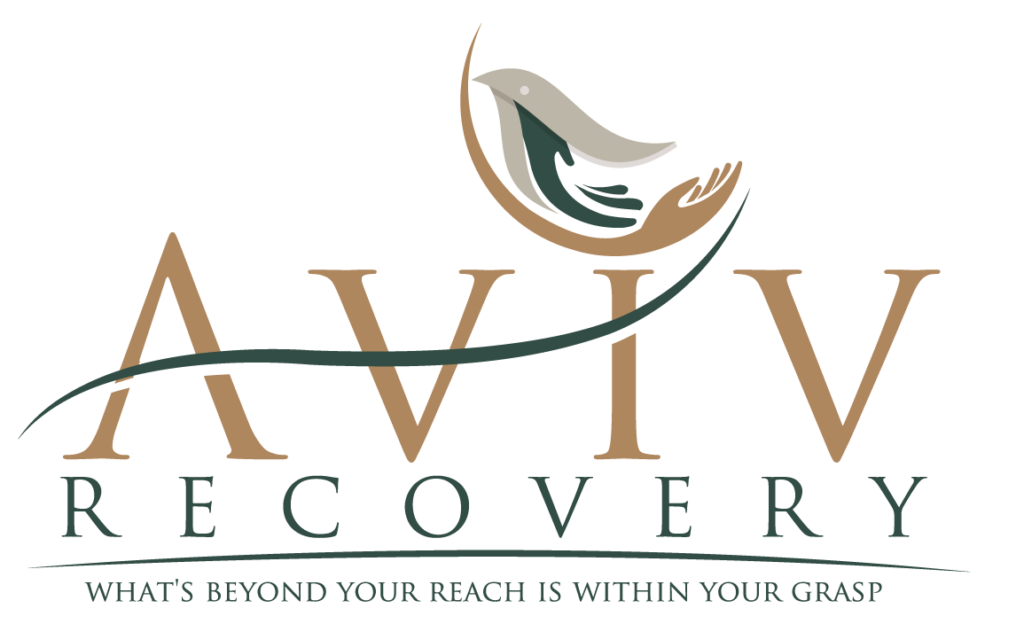
Expert Recovery Advice for Virginia Beach Residents
Living in Virginia Beach has its perks, but for those battling addiction, finding the right help is crucial. As a 20-year veteran in addiction treatment, I’ve seen the transformative power the right center can offer. The Virginia Beach Recovery Center has been at the forefront, offering support and guidance through individualized care plans. By incorporating therapies like individual counseling and group therapy, patients find a customized path to sobriety.
The benefits of choosing a local center are numerous. You get to stay close to family, maintain community ties, and continue integrating societal aspects into your recovery. Virginia Beach Recovery Center focuses on creating an inclusive environment where patients can explore their challenges in a safe space, a vital element for sustainable recovery.
Why Choose a Local Rehab Center?
Opting for a local rehab center holds key advantages. Proximity means easy access to support systems, facilitating ongoing recovery. With a center like Virginia Beach Recovery Center, outpatient programs allow for a smoother transition back into daily life while still prioritizing treatment.
Local centers often have better insights into regional community resources. Leveraging these connections assists in creating a robust aftercare plan, crucial for long-term success. When treatment is tailored to reflect the unique culture and dynamics of Virginia Beach, it resonates more deeply with residents.
Moreover, the center’s expertise in handling area-specific challenges ensures that factors like local triggers and stressors are comprehensively addressed within treatment plans.
Exploring Different Treatment Options
Understanding the array of treatments available at Virginia Beach Recovery Center is vital. Their holistic approach encompasses:
- Medication-Assisted Treatment (MAT): Utilizing medications like Suboxone to manage withdrawal symptoms.
- Intensive Outpatient Programs (IOP): Offering structured, day-time treatment while allowing patients to maintain their normal activities.
- Counseling Sessions: Both individual and group formats to address personal and shared experiences of addiction.
- Relapse Prevention Strategies: Practical tools and techniques to help maintain sobriety.
Each treatment plan is customized, ensuring that all aspects of a patient’s physical, emotional, and mental health are addressed comprehensively.
What Makes a Recovery Center Special?
The Virginia Beach Recovery Center sets itself apart with its compassionate approach and comprehensive programs. Specialists here understand that recovery is not a one-size-fits-all journey.
Key components that enhance this center’s standing include:
- Assessing unique patient needs and designing personalized plans.
- Incorporating family into counseling processes to foster supportive environments.
- Utilizing evidence-based therapies that align with current best practices.
- Providing continuous support even after the main treatment phase concludes.
These strategies ensure that each patient receives care tailored to their specific circumstances, vital for achieving lasting recovery.
What Qualifies as a Virginia Beach Recovery Center Emergency?
An emergency at Virginia Beach Recovery Center may involve severe withdrawal symptoms, relapse, or an acute mental health crisis. In such cases, immediate assessment and intervention are crucial to ensure patient safety and stabilize their condition.
The center is equipped to handle these emergencies with a trained staff experienced in crisis management. By allocating resources swiftly and effectively, they maintain a safe and supportive environment for all clients.
Sharing Personal Experiences with Recovery
Having worked alongside many patients at Virginia Beach Recovery Center, I’ve witnessed countless journeys to sobriety. One patient’s story stands out: a young mother who, through the center’s dual diagnosis program, tackled both addiction and underlying depression.
With personalized therapy sessions and active participation in group discussions, she rebuilt her life, pursued a career, and became an advocate for others facing similar struggles. Her personal growth demonstrates the profound impact a well-chosen recovery center can have.
Stories like hers remind us that recovery is not just possible but attainable, especially with the right support and dedication.
What should I consider when choosing a recovery center?
Choosing a recovery center is a crucial step towards sobriety. It’s important to consider factors like the types of programs offered, accreditation, the qualifications of the staff, and the center’s philosophy on addiction treatment. Ask about the customization of treatment plans, as personalized care often leads to better outcomes. For instance, at Aviv Recovery, we prioritize a whole-person approach, ensuring that every individual’s needs, history, and goals are addressed. It’s helpful to visit the center, if possible, to get a feel for the environment and ensure it aligns with what you are seeking. Does the center provide ongoing support after treatment? This continuity can be key for long-term success.
Have you visited or researched multiple centers to find one that resonates with your personal recovery goals?
How can local recovery centers benefit my recovery journey?
Local recovery centers provide the convenience of staying close to home and maintaining familial and social support systems, which are essential for recovery. Centers like Aviv Recovery understand the community dynamic and can integrate local cultural elements and resources into their treatment plans. This can make the recovery process more relatable and less alienating. Staying local also means there’s less disruption to your daily life, which can ease the transition back into society post-treatment. All these factors contribute to a more holistic and less disorienting recovery experience.
How important is it for you to have your support system nearby during recovery?
What treatment options are available at Aviv Recovery?
Aviv Recovery offers a variety of treatment options to address the diverse needs of individuals seeking help. These include Intensive Outpatient Programs (IOP), which allow you to engage in daily activities while receiving structured treatment, and Medication-Assisted Treatment (MAT) to help manage withdrawal symptoms. We also offer Dual Diagnosis treatment for those dealing with both addiction and mental health issues. Our approach is to deliver care that addresses not just the addiction but all facets of an individual’s well-being, ensuring a comprehensive recovery process.
Have you considered which program might best suit your personal needs and lifestyle?
How does Aviv Recovery ensure continuous support after treatment?
At Aviv Recovery, we believe ongoing support is crucial for sustaining recovery. We design aftercare plans tailored to each individual’s journey, which might include follow-up counseling, support groups, and access to community resources. This continuous support helps mitigate the risk of relapse by ensuring that individuals have a safety net as they navigate the challenges of everyday life. Our goal is to empower clients to maintain sobriety by providing ongoing resources and support long after the initial treatment phase has concluded.
What forms of support do you think would be most beneficial after completing a treatment program?
What sets Aviv Recovery apart from other centers?
Aviv Recovery stands out due to its commitment to providing individualized and compassionate care. We pride ourselves on having a team of dedicated professionals who not only possess the necessary qualifications but are genuinely invested in the recovery of our clients. Our approach is holistic, meaning we focus on healing the mind, body, and spirit. We also integrate modern, evidence-based therapies that align with best practices. This comprehensive, patient-centered approach ensures that our clients receive care that is specifically tailored to their unique circumstances.
Have you explored what specific qualities or programs are most important to you in a recovery center?
What are common misconceptions about rehabilitation programs?
One common misconception is that rehab is a quick fix for addiction. In reality, recovery is a lifelong journey that requires ongoing commitment and support. Another misunderstanding is that all rehab programs are alike, when in fact, they can vary significantly in philosophy, method, and atmosphere. Some people might also believe that needing rehab is a sign of weakness, but seeking help is a courageous and empowering step. It’s important to approach rehabilitation with an open mind and realistic expectations about the process and time it takes to heal.
Are there any assumptions you’ve had about rehabilitation that you’re curious to explore further?
How does Aviv Recovery handle crisis situations?
In the event of a crisis, Aviv Recovery is equipped to provide immediate and effective support. Our trained staff can handle various emergencies, such as severe withdrawal symptoms or mental health crises. We prioritize patient safety and employ strategies to quickly stabilize these situations. Continuous monitoring and personalized intervention plans are part of our approach to ensure that clients feel safe and supported at all times. This enables individuals to focus on their recovery without the fear of being left unsupported during critical moments.
What steps do you think are important for effectively managing a crisis in a recovery setting?
Recovery Resources
- Substance Abuse and Mental Health Services Administration (SAMHSA) – SAMHSA is the leading agency for behavioral health in the United States, providing resources and information on substance abuse treatment and mental health services.
- National Institute on Drug Abuse (NIDA) – NIDA conducts research on drug abuse and addiction, offering valuable insights into effective treatment approaches and prevention strategies.
- National Institutes of Health (NIH) – NIH is the largest biomedical research agency in the world, supporting research on addiction, treatment, and recovery.
- National Alliance on Mental Illness (NAMI) – NAMI is a grassroots mental health organization providing support, education, and advocacy for individuals and families affected by mental illness.
- Alcoholics Anonymous (AA) – AA is a fellowship of individuals who share their experiences, strength, and hope to help each other recover from alcoholism.




